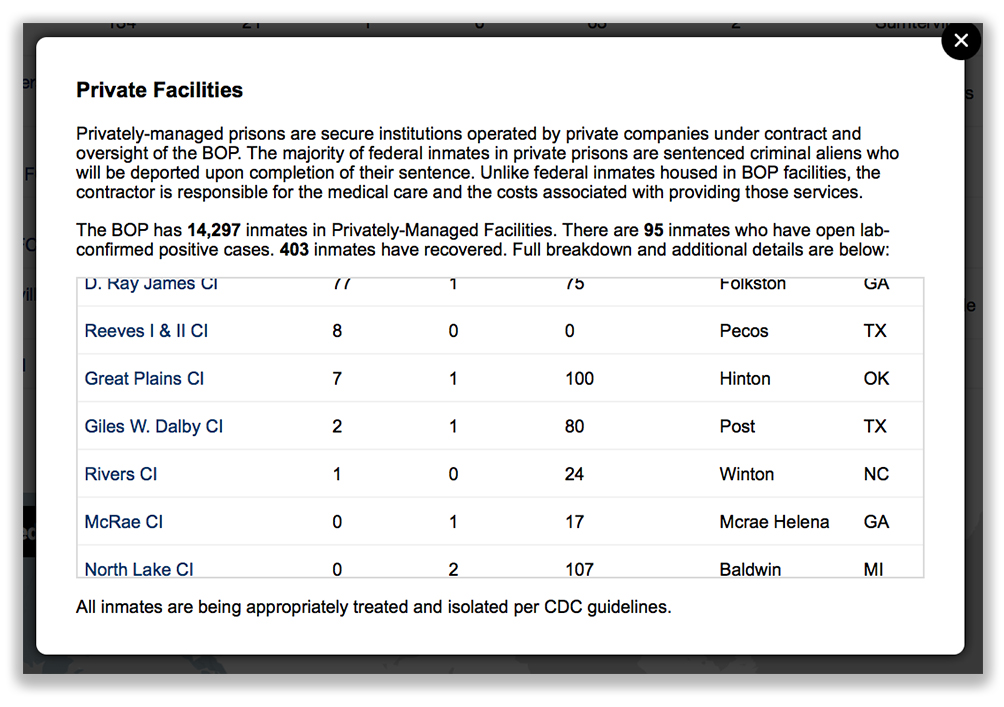We post news and comment on federal criminal justice issues, focused primarily on trial and post-conviction matters, legislative initiatives, and sentencing issues.

EQUAL ACT COMING AROUND AGAIN
People are still asking about the status of various criminal justice bills that have been pending in Congress for the past few years. So let’s review some high school government class notes…
Every Congress lasts two years, beginning in the January of an odd year and ending at the end of the next year (and even year). The last Congress was the 117th Congress since the adoption of the U.S. Constitution. The one that started on January 3, 2023, is the 118th Congress.
 Any bill that was pending but not passed when the last Congress ended died on January 2. This included the EQUAL Act, a bill that would have equalized the penalties for crack and powder cocaine. EQUAL passed the House last session, but while declaring its support for the measure, Senate leadership (and I’m talking about Sen. Charles Schumer [D-NY], Senate majority leader) inexplicably failed to bring EQUAL to a vote.
Any bill that was pending but not passed when the last Congress ended died on January 2. This included the EQUAL Act, a bill that would have equalized the penalties for crack and powder cocaine. EQUAL passed the House last session, but while declaring its support for the measure, Senate leadership (and I’m talking about Sen. Charles Schumer [D-NY], Senate majority leader) inexplicably failed to bring EQUAL to a vote.
So the EQUAL Act – like marijuana reform, 18 USC 924(c) retroactivity, expungement, and every other criminal justice issue before Congress – now must start over. No new EQUAL Act has yet been introduced in either the House or Senate, but last week, talk of crack-powder equality rose like a phoenix from the ashes of the 117th Congress. FAMM and 20 other criminal justice reform groups wrote to Senate Judiciary Committee Chairman Richard Durbin (D-IL) and the new Ranking Member of the Committee, Sen. Lindsey Graham (R-SC), urging them to have the Committee schedule a markup for the measure as soon as it is introduced (whenever that is).
The letter said
Last Congress, the EQUAL Act was one of only a few pieces of legislation to enjoy clear bipartisan support. The House of Representatives passed the bill in September 2021 with an overwhelmingly bipartisan vote of 361-66. The Senate version of the bill enjoyed the support of more than 60 senators, but never received a vote in committee or on the floor. To ensure this strong bipartisan bill reaches President Biden’s desk, we urge you and your committee to begin work on this urgent piece of legislation immediately.
Signers of the letter included criminal justice rights groups from the left and right, as well as a gallimaufry of organizations including Americans for Tax Reform, the National Association of Criminal Defense Lawyers, Association of Prosecuting Attorneys, the Major Cities Chiefs Association, and the NBA’s National Basketball Social Justice Coalition.
In his Sentencing Law and Policy blog, Ohio State University law professor Douglas Berman wrote last week that “notably, but not surprisingly, this letter to Congress makes no mention of the fact that… US Attorney General Garland released last month new federal charging guidelines that includ[ed] instructions to federal prosecutors to treat crack like powder cocaine at sentencing. Though these new charging guidelines do not have the legal force of statutory reform, they might readily lead members of Congress to see less urgency in advancing reform or even to be more resistan[t] to reform as we saw late last year. Fingers crossed that EQUAL can gather momentum again and actually finally eliminate the pernicious and unjustified crack/powder disparity once and for all.”
FAMM, Coalition of law enforcement, justice reform, and civil rights organizations urge Congress to pass the EQUAL Act (January 26, 2023)
FAMM, Letter to Senate Judiciary Committee Chairman (January 26, 2023)
Sentencing Law and Policy, New year and new Congress brings a new effort to advance new EQUAL Act (January 26, 2023)
– Thomas L. Root









 “The administration has put forth a slate that is all white, mostly male, and lacking in diverse experiences or backgrounds,” Sakira Cook, director of the justice reform program at the Leadership Conference on Civil and Human Rights, told NPR. “It is critically important that the Sentencing Commission reflects the diversity of background, experience, and expertise that would make the work of the Commission most effective. It is also important to note that at least two of the candidates have records or expressed views on sentencing issues that raise serious concerns.”
“The administration has put forth a slate that is all white, mostly male, and lacking in diverse experiences or backgrounds,” Sakira Cook, director of the justice reform program at the Leadership Conference on Civil and Human Rights, told NPR. “It is critically important that the Sentencing Commission reflects the diversity of background, experience, and expertise that would make the work of the Commission most effective. It is also important to note that at least two of the candidates have records or expressed views on sentencing issues that raise serious concerns.”



